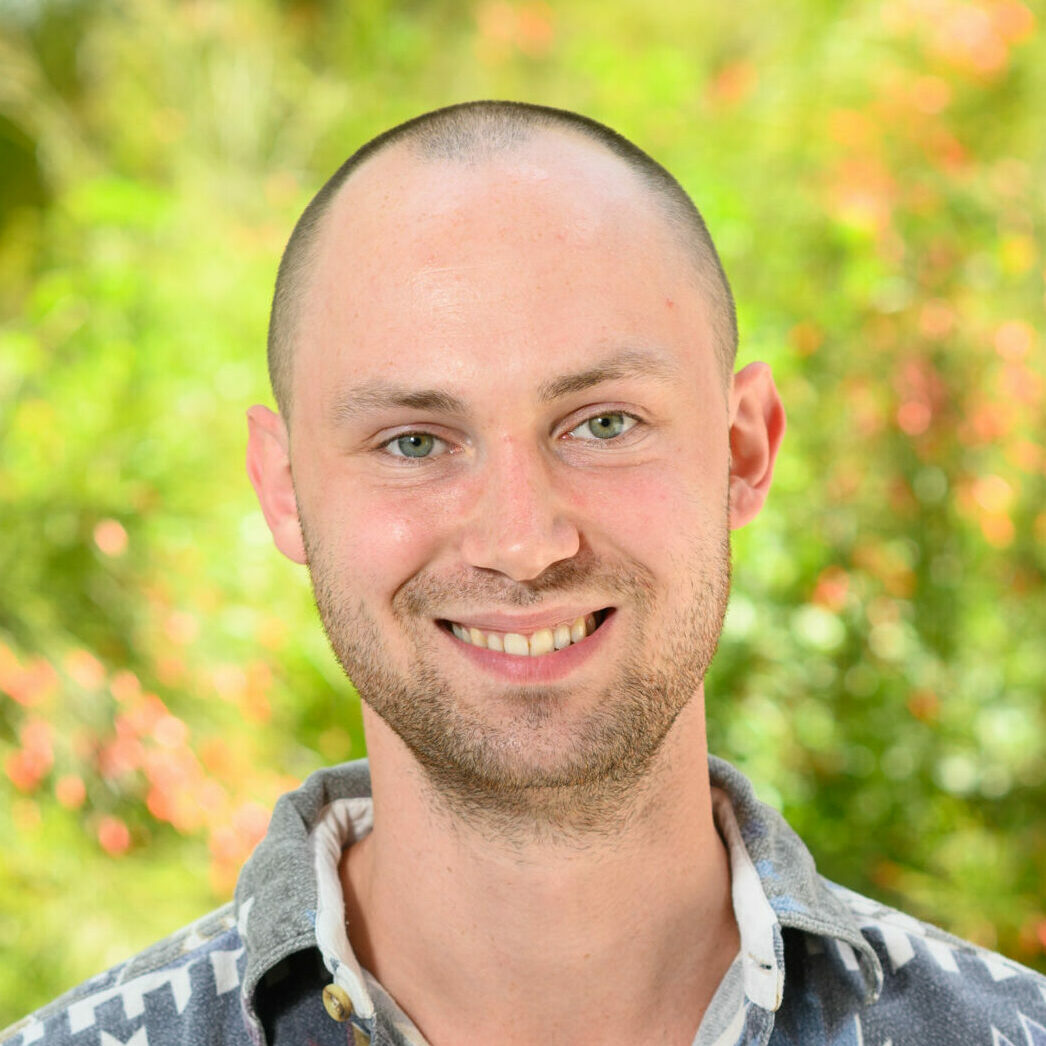

MARC SCHERER
ESR 1: Design of nanobodies with tunable target affinities
Current Host: Universität Bayreuth, Germany
Current Supervisor: Prof. Dr. Birte Höcker
Previous Host: Weizmann Institute, Israel
Previous Supervisors: Prof. Sarel Fleishman (WI), Olga Khersonsky (WI)
“Our work as scientists is directed towards future innovations and technologies. By doing so, we have the chance to enable a better future for all living being on this planet.“
Efficiently inducing tailored responses to specific stimuli is pivotal in the development of protein-based nanoswitches for diverse medical and biotechnological applications. This study aims to elucidate the conformational dynamics underlying protein switching behavior upon interaction with target molecules, thereby advancing our ability to engineer functional nanoswitches. Leveraging the periplasmic binding protein (PBP) superfamily as a well-established model system due to its innate ability to bind diverse small molecules, we employ cutting-edge global and local stability design algorithms. Through a combination of biophysical techniques and computational simulations, we investigate the dynamics of various PBP designs. This integrated approach offers insights into the mechanisms governing protein conformational rearrangements, facilitating the rational design of responsive biosensors and other innovative nanotechnologies.
I was born in a small town in the north of Bavaria, Germany, called Lichtenfels. My personal interest in trying to help solving the most urgent problems of humanity as finding cure for devastating diseases or solutions to avoid the climate crisis motivated me to follow my scientific path. If I am not working on the lab bench, I am enjoying my free time with playing football and ultimate frisbee or mixing electronic music.
Since I started studying biochemistry at the University of Wuerzburg, Germany, I was fascinated by the complexity and beauty of protein structures and function. Over the years of my studies in Wuerzburg and during an internship at Imperial College London, I had the chance to observe this complexity and beauty of proteins from a variety of perspectives ranging from biomedical sciences to biophyics, from metabolic engineering to bioinformatics. I am strongly motivated to use this scientific background to improve the function of proteins for sustainable biotechnology and biosensor applications by computational design.
